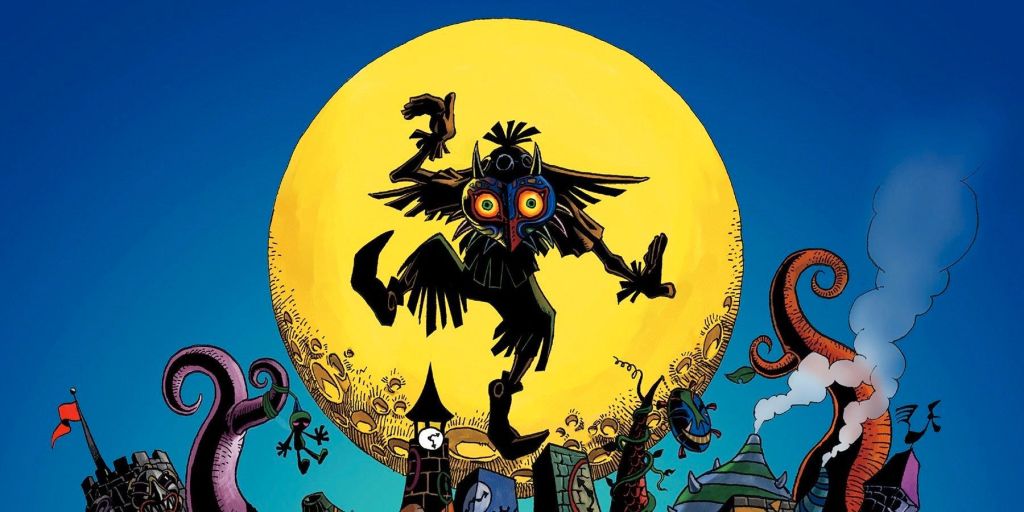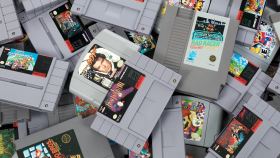Games preservation is a difficult art, often hampered by technical issues and intellectual property rights. While many companies are all-too-happy to share gems from their past, illuminating key pieces of development history in documents shared online and via museums, there are other companies unwilling to share anything at all – with
Following the announcement
In a statement posted to Twitter, the not-for-profit organisation said that while it understood why
Read: How museums collect video games and their history
‘While it is unfortunate that people won’t be able to purchase digital 3DS or Wii U games anymore, we understand the business reality that went into this decision. What we don’t understand is what path
‘As a paying member of the Entertainment Software Association,
The Video Game History Foundation encouraged ESA members, including
Ironically, this week Video Game History Foundation director Frank Cifaldi gave a talk during the Melbourne-based Play It Again showcase, where he talked about the importance of preserving the holistic history of video games, which included the design documents, behind-the-scenes development details and game code which
As Cifaldi stated, it’s the responsibility of creators, historians and fans to work together to preserve history in a way that helps illuminate more about how people lived and played in modern times. Not only can this help future historians, it can also provide a pathway to current practitioners by teaching valuable lessons about the art of making games.
With the closure of the 3DS and Wii U eShops, and the apparent refusal of
It’s a dire set of circumstances where, really, there are no winners.




